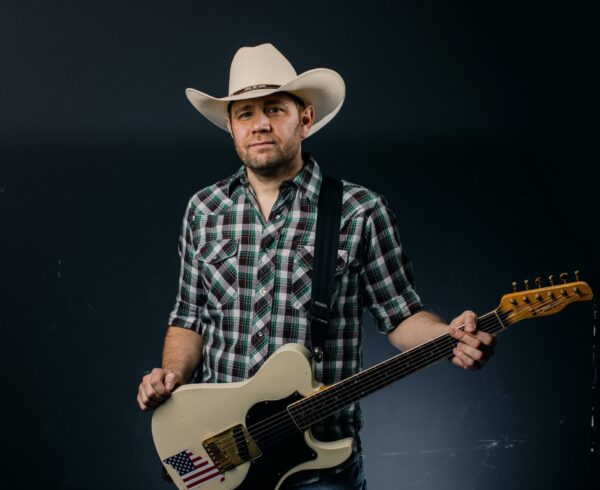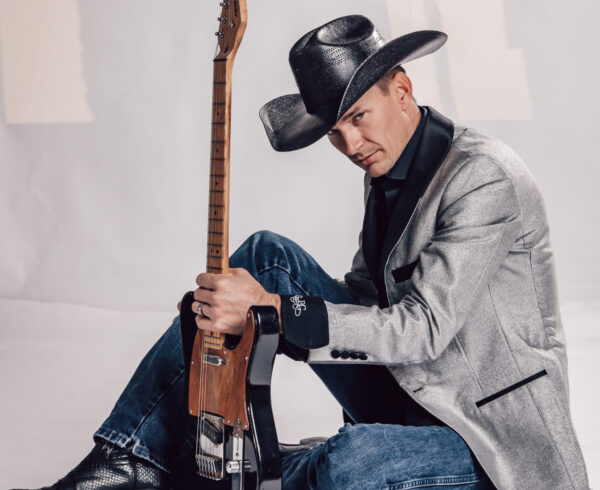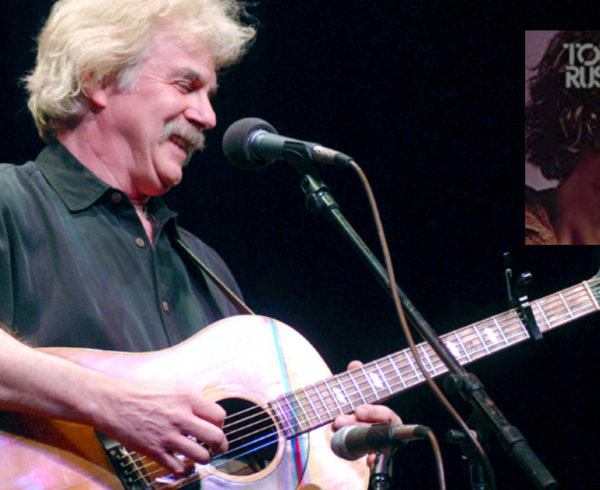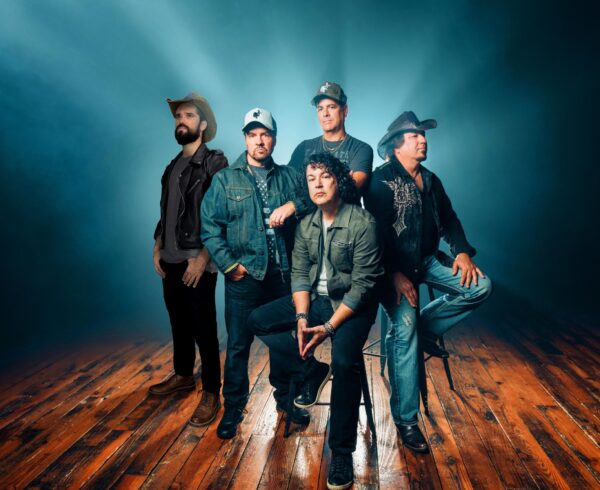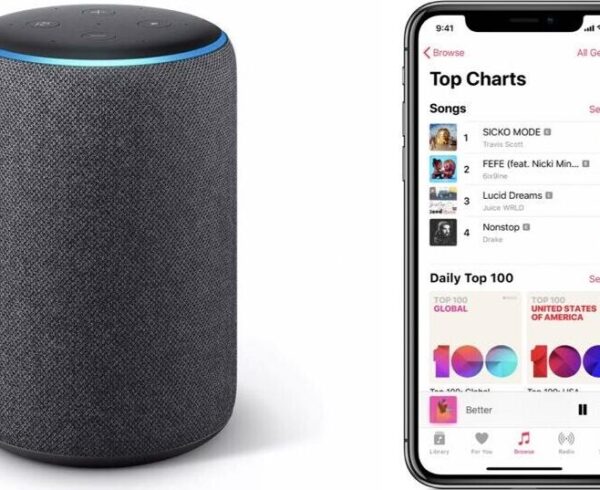All of us have been warned not to judge a book by its cover; however, in the case of Molly Parden, my initial impression of a woman forged in the ragged, unapologetic poeticism of Patti Smith or, more recently, Phoebe Bridgers was not far from the truth—for Molly Parden’s approach to her SCENES performance diverged from convention at its outset. Where one might expect to be greeted by a smile, a wave, and the usual “Hi, my name is X, and here’s my song,” we open Molly’s video to find her tuning her guitar seemingly unbothered by the arrival of her audience.
In fact, Molly doesn’t actually begin her first song until four and a half minutes have gone by. Instead, with a sort of sarcastic playfulness she walks us through the way she’s been experimenting with the lighting on the video: “I kind of like this. My face doesn’t look red. I also kind of don’t care, so if anyone has an opinion please chime in.” Never once does she exhibit any sense of urgency or fear of losing her audience’s attention, and, to her credit, I found myself inexplicably charmed by both her honesty and her self assuredness. With a shrug, she reveals that over the course of her last seven years in Nashville, she has been steadily creating music that she likes—as if that’s the only thing that matters.
Molly plays just three songs, and in them she betrays an emotional adeptness that is both mature and raw. Her first song, “Kitchen Table,” which features a delicate finger picked guitar arrangement a la James Taylor, tells the story of a character confronted by her own capacity for emotional devastation after losing a love by which she defined herself. “I had never cried before at the kitchen table, and I never thought the taste of food was something that I could refuse.” Meanwhile, the sweetness of Molly’s voice and the occasional smile she flashes at the camera, almost gives the impression that she knows she’s ripping our hearts out, but that vulnerability is something to smile about.
This philosophy seems furthered in her second song, “Sail on the Water.” She describes it as being about a break up and inspired by Fleetwood Mac’s Rumors and Radiohead’s In Rainbows—so we know our souls are about take more of a beating. She does not disappoint, and in the lyric: “You call it madness thinking my heart could be your home, you can’t imagine giving yourself to the unknown, but you still sail on the water”—we find again, the story of a woman who is not afraid of her own depths, her own sentimentalism, but who is faced with her vulnerability being unreciprocated in a partner. Still, she extends the invitation.
Her final song, “Who are We Kiddin’?” is a soulful, R&B ballad. In it, Molly’s jazz influence is made more obvious. Her colorful harmonic choices and the wistfulness of her vocal delivery, make it difficult not to think of Joni Mitchell. As with Joni, one wonders if this tune might just as well have been a watercolor painting set to words. Here, Molly tells the story of having found the man of her dreams, while struggling with the distance between them. Again, it is sung with a distinctive playfulness and a smile in spite of—or perhaps as a result of—the pain that besets the lyrics.
Finally, as unceremoniously as the performance begins, Molly signs off. Whereas a typical performance review might focus only on the songs that were sung, this was not a typical performance. In fact, I would argue that Molly’s conversation—whether it be about lighting, creativity, or maybe having salad in her teeth—was equally important to the intimacy she achieved. There was neither pretense, nor subservience, but a charming, unabashed vulnerability accompanied by an invitation to join her in it; there in a sparse, white room with a thrift store Jesus painting on the wall, a record player, and three songs of beautiful devastation, Molly Parden displays a personality and an artistry blooming with color—not just blues.


